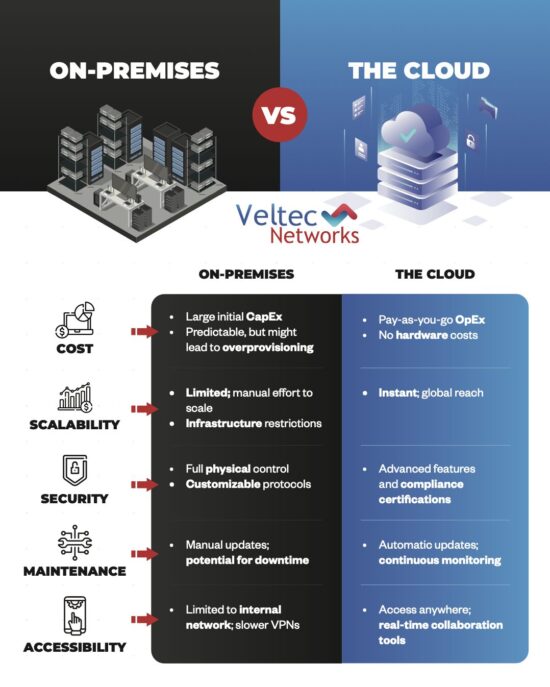Backing Up Your Practice’s Data
It should be – a recent network outage and subsequent lawsuit against Sutter Health is just one reason why a robust data backup process is so necessary in the healthcare sector.
In May 2018, Sutter Health experienced a major network outage, which resulted in 27 hours of downtime. During this window, healthcare professionals were unable to access patient data, medical documentation, and medication lists.
This led to delays in treatment, rescheduled procedures, and a general downfall in quality of care. Sound bad, right?
It gets worse – their former Chief of Information service operating office has filed a lawsuit against them, alleging that he warned them about their lack of a backup plan and what would happen in the event of an outage. He claims to have been wrongfully fired for pointing out this oversight, and that the subsequent network outage proves him right.
So, to sum it up, because they failed to put a viable backup solution in place, Sutter Health both suffered a major drop in quality of care, and now has a lawsuit on their hands.
Do you think you could handle being in their position? If you don’t have a backup plan in place, it could happen to you…
The Importance Of Data Backup
Did you know that, despite how dangerous data loss (and downtime caused by data loss) can be, 75% of businesses don’t have a disaster recovery plan in place?
There are any numbers of ways you can lose data…
1. Hardware Failure causes 40% of data loss incidents.
Hard drives fail every day for a variety of reasons. While some failures occur simply because the hardware becomes worn out, others fail prematurely due to external factors like:
- Overheating
- Water or fire damage
- Exposure to magnetic fields
- Power outages or surges
- Impact due to being dropped
2. Software Failure causes 34% of data loss incidents.
Similarly, errors with your software can be just as detrimental to your data. Running too many programs at once, or relying on outdated or unstable software can quickly lead to a crash, which will often lose any unsaved work you had open when the program crashed.
3. Power Outages cause 35% of data loss incidents.
The fact is that mother nature doesn’t care if you backed up your work or not. A server room flood, vital infrastructure being knocked out by winds and even worse during a major weather event can knock out power, and quickly erase both local and offsite data reserves if your backups aren’t far enough away from your offices.
4. Human Error causes 20% of data loss incidents.
Every day we create, update, save and delete files; it’s just part of our everyday business life. It’s no wonder that sometimes, we delete files or overwrite files by accident. It’s just the cost of doing business.
5. Security Breaches, Computer Viruses, And Malware Infections cause 23% of data loss incidents.
Data loss is often the result of poor digital security; without the right defenses, cybercriminals can easily infect an IT system with ransomware or other types of malware and compromise company data.
Ransomware is likely today’s biggest threat to cybersecurity. You hear about it everywhere, along with a range of possible solutions, most of which are defensive – ways to keep the intruders out before they encrypt your files and send you the ransom note.
There are new viruses that pop up every day that put your data at risk.
While being connected to the Internet has its benefits, it also comes with a number of risks that just have to be accepted – malware, viruses, phishing, etc.
They can have detrimental effects (i.e. data loss) if you’re not prepared to deal with them. But, please note – this doesn’t have to be an “end of the world conversation”. Cybersecurity isn’t about being scared enough; it’s about being prepared enough.
Regardless of the many potential causes of data loss – power outages, cyber attacks, hardware issues, and human error – it’s the end result that matters most to your clients. Lost data means more work and more delays, all of which will affect their bottom line.
What’s The #1 Best Practice For Preventing Data Loss?
The best way to protect against data loss is to implement and regularly test a backup solution.
The fact is that redundancy is the key to a solid data backup plan. There are two main types of backup solutions; onsite and offsite. The only truly reliable protection against cybercrime and human error are cloud backups.
If you’re only using an onsite backup, that’s certainly a good first step. But do you think it is enough?
By regularly backing up your vital data via the cloud to secure, geographically diverse, off-site locations, you ensure that you have an accessible and available copy in the case of data loss, no matter the cause.
If you want your desktop files backed up, it’s your responsibility to make sure your cloud is doing so automatically. You must have a backup copy of your data if it’s stolen or accidentally deleted.
Why Choose A Cloud Backup Solution?
Ensuring that your mission-critical customer data and systems have a full and accessible backup in the cloud is one of the first steps in creating an actionable plan for recovery.
This is essentially “Backup As A Service”, the features of which include:
- Automatic and regular backup to an offsite location, protected against onsite disasters, power loss, and human error.
- The ability to recover your data as needed, quickly and reliably through the cloud.
- The capability to replicate applications and data in virtualized IT environments.
In the end, data loss prevention is about doing the work now to stop the worst from happening later. The fact is that an ounce of prevention is worth a pound of cure – don’t overlook cloud backup now, without considering the damage control you’d have to do if you lost critical data tomorrow.
Like this article? Check out the following blogs to learn more:
How Are Face and Touch Recognition Changing iCloud Access?






